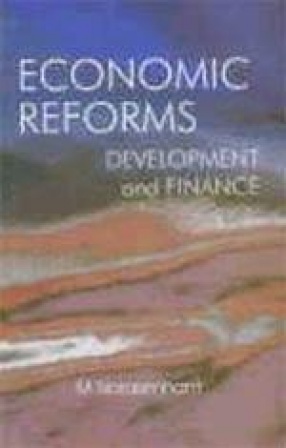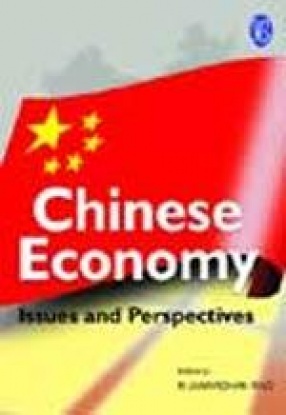The last decade has been an eventful one for the Indian economy, coinciding as it did with the initiation of economic reforms. Economic reforms represent more than a change of policy and mark a paradigm shift in our development thinking. The reforms are a logical response to the serious doubts that were being voiced about the ability of the earlier model of development marked by a central command economy with all pervasive control over every branch of economic activity to deliver on our central objectives of growth, equity and external viability. This volume, which is a collection of lectures delivered over the last 10-15 years, reflects the evolution of thinking with regard to economic and development policy issues, starting with a strong plea for moving towards a less rigorous planning system and advocating greater scope for initiative to economic agents in investment and production, and greater use of the market and the price mechanism. The lectures also track various aspects of the reform process itself as it has evolved. What appeared earlier as the unfinished agenda of reform is now coterminous with what should constitute the second generation of reforms. There is also need for developing a wider consensus across the political spectrum involving the states in the reform effort. These specific aspects are also covered in some of the lectures. The reform process has still a long way to go.
Economic Reforms: Development and Finance
In stock
Free & Quick Delivery Worldwide
reviews
Bibliographic information
Title
Economic Reforms: Development and Finance
Author
Edition
1st. Ed.
Publisher
ISBN
8174763813
Length
xvii+428p., Index; 23cm.
Subjects





There are no reviews yet.